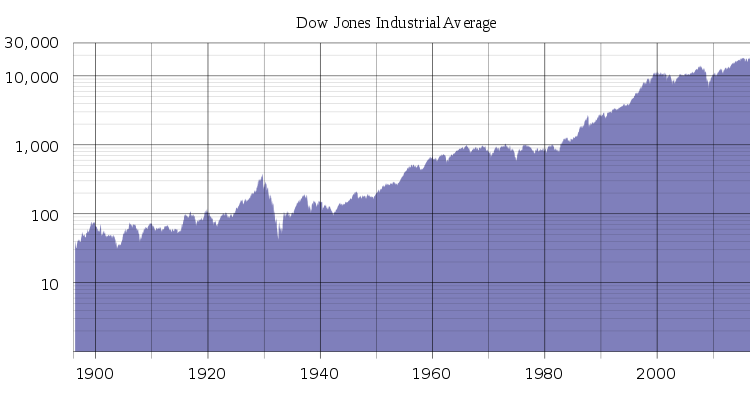As political repression tightens, Chinese intellectuals seek freedom and expression abroad.
- Zhang Shizhi, a former major publisher in China, now sells books in Japan.
- He is part of a larger trend of intellectuals leaving China due to increasing political repression.
- Zhang’s book sales in Japan are significantly lower than in China, highlighting the challenges of the new market.
- The exodus includes not just dissidents but also moderate intellectuals and artists.
- Zhang aims to publish uncensored works that differ from those available in China.
In Tokyo, Zhang Shizhi, once a successful executive in China’s publishing industry, now finds himself hand-selling books in the city’s renowned Jimbocho book district. Previously overseeing millions in sales, Zhang now struggles to get his three titles stocked in local shops, with fewer than 2,000 copies sold since January. His transition reflects a broader trend of intellectuals leaving China, particularly since the Covid-19 pandemic, as they seek refuge from the tightening political climate under Xi Jinping. nnZhang describes his move as a ‘downshift,’ allowing him to escape the fierce competition and censorship that stifled his work in China. He recalls the vibrant intellectual life he once enjoyed in Beijing, which has since been overshadowed by increasing restrictions on free expression. nnThe current wave of exiles includes not only activists but also moderate thinkers who once thrived under less oppressive regimes. The economic slowdown in China has further fueled this exodus, as financial worries compound the desire for creative freedom. nnZhang’s journey is emblematic of many who have left China, including notable figures like journalist Chai Jing and filmmaker Wang Xiaoshuai, who have sought to continue their work abroad. In Japan, Zhang has found a growing community of Chinese intellectuals and has begun to publish works that challenge the censorship he faced in China. nnDespite initial struggles, his books are gaining traction, particularly among Chinese tourists who seek literature unavailable back home. Zhang’s story highlights the resilience of Chinese intellectuals and their commitment to preserving a vibrant cultural dialogue, even in exile. nnAs he continues to navigate this new chapter, Zhang remains hopeful about the future of Chinese literature and the potential for a flourishing intellectual community outside of authoritarian control.·
Factuality Level: 8
Factuality Justification: The article provides a detailed account of Zhang Shizhi’s experiences and the broader context of brain drain from China, supported by relevant quotes and examples. While it presents a subjective perspective on the challenges faced by Chinese intellectuals, it does not contain significant misleading information or sensationalism. However, some opinions and personal perspectives are included, which slightly detracts from its objectivity.·
Noise Level: 8
Noise Justification: The article provides a thoughtful analysis of the brain drain from China, highlighting the experiences of individuals like Zhang Shizhi and the broader implications for Chinese intellectuals. It explores the consequences of political repression and the desire for creative freedom, holding powerful authorities accountable. The article stays on topic, supports its claims with evidence and examples, and offers insights into the challenges faced by exiled intellectuals, making it a valuable read.·
Private Companies: Yomimichi,Toho Shoten,Uchiyama Shoten,L’Etranger Books
Key People: Zhang Shizhi (Self-funded publisher), Chai Jing (Broadcast journalist), Yu Miao (Owner of a bookstore), Wang Xiaoshuai (Movie director), Ian Johnson (Author), Fu Guoyong (Modern Chinese history writer), Ye Fu (Essayist), Shin Uchiyama (Owner of Uchiyama Shoten), Zhang Yifan (Host of a podcast), Zhao Guojun (Legal scholar)
Financial Relevance: Yes
Financial Markets Impacted: The article discusses the impact of brain drain on the publishing industry and the financial struggles of Chinese intellectuals and entrepreneurs who have moved abroad, which could affect market dynamics in both China and the countries they relocate to.
Financial Rating Justification: The article highlights the financial challenges faced by individuals in the publishing sector due to political changes in China, indicating a shift in market opportunities and potential impacts on sales and cultural exchange.·
Presence Of Extreme Event: No
Nature Of Extreme Event: No
Impact Rating Of The Extreme Event: No
Extreme Rating Justification: The article discusses the brain drain of intellectuals and entrepreneurs from China due to political and economic pressures, but it does not report on any extreme event that occurred in the last 48 hours.·
Move Size: No market move size mentioned.
Sector: All
Direction: Down
Magnitude: Large
Affected Instruments: Stocks
 www.wsj.com
www.wsj.com 





